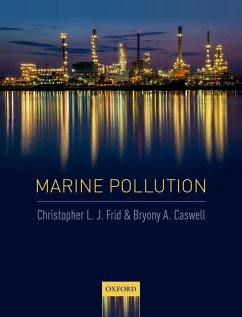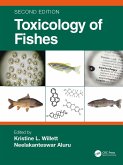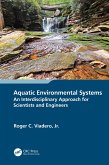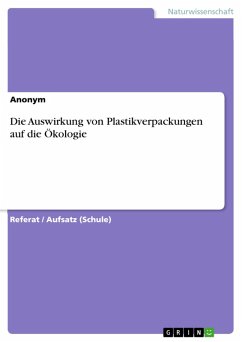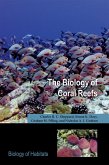As a society, we use more than 100,000 different industrial compounds to promote health and treat disease, to grow food and to access clean water. While technological developments have improved our lives, most of these compounds end up in our oceans where they threaten marine life and human health. The practice of ocean waste disposal has had a long history and was initially believed to have minimal associated costs. However, it is now clear that although we can use the oceans for cheap waste treatment, we do this at the expense of the other key benefits we derive from the sea, notably human food supplies as well as its aesthetic value (including opportunities for recreation and tourism). Many of the pollution problems of previous decades appear to have been solved in the developed world, or at least managed to minimise their environmental impacts. However, despite treatment being available for some waste products, a potent mixture of toxic compounds and other potentially harmful additions continue to enter the marine environment every day. So, have the problems of marine pollution really been solved or have we simply generated a suite of different and potentially more complex challenges? In this volume we consider marine pollution from the perspective of the historical problems that are now successfully managed or solved, the ongoing problems and the emerging challenges that we face. These include hormone mimics, the residues from pharmaceuticals, nanometre-sized particles added to new materials, the millimetric plastics added to shampoos and cosmetics, the artificial fibres in the clothes we wear, and the noise and light pollution from our expanding industries and cities. Marine Pollution is aimed at senior undergraduates, masters and graduate level students studying marine sciences. It will also serve as a useful reference for researchers and professionals working in the fields of environmental management, marine planning, marine environmental regulation and protection, as well as those working for government departments, environmental NGOs and marine environmental consultancies.
Dieser Download kann aus rechtlichen Gründen nur mit Rechnungsadresse in A, B, BG, CY, CZ, D, DK, EW, E, FIN, F, GR, HR, H, IRL, I, LT, L, LR, M, NL, PL, P, R, S, SLO, SK ausgeliefert werden.

